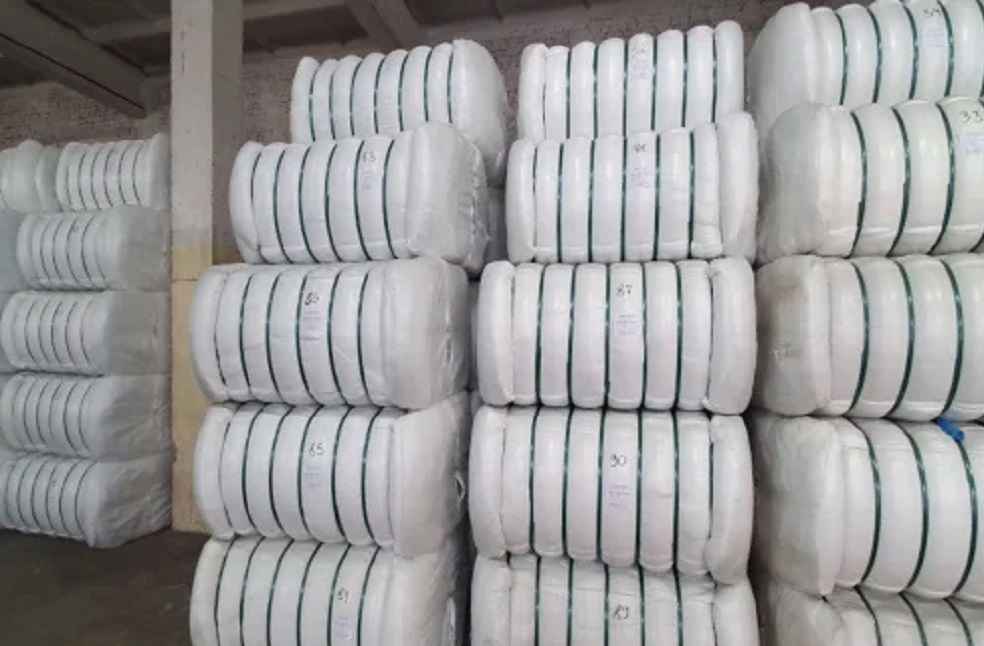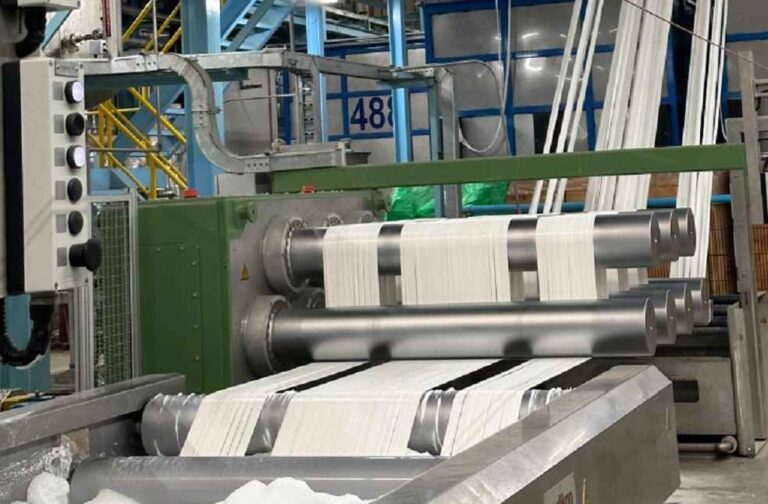India has formally requested compensation from Turkiye following Ankara’s recent decision to extend safeguard measures on polyester staple fibres, which has significantly impacted India’s exports of the product. During recent bilateral consultations under the World Trade Organization’s (WTO) safeguard agreement, Indian officials expressed concerns over the trade impact of Turkiye’s actions.
An official from India’s trade department noted that this extension of safeguards has led to a tangible loss in trade. “We have sought compensation as we have a loss of trade. India has the option to propose retaliatory customs duties equivalent to the value of export loss if the issue will not be resolved through consultations,” the official remarked.

India initiated consultations with Turkiye on October 14 to discuss the implications of the extended safeguard measures. The request for these discussions follows a decision by Turkiye in September to prolong its safeguards on polyester staple fibres, affecting India’s export performance. India’s exports of these fibres to Turkiye amounted to $22.18 million in 2023-24, a slight decrease from the previous year’s $23.55 million.
The WTO’s Agreement on Safeguards mandates that member countries implementing or extending safeguard measures consult with trading partners significantly impacted by these restrictions. This provision aims to foster an understanding and identify alternative solutions before any retaliatory actions, such as customs duties, are taken.

India’s broader trade relationship with Turkiye saw overall exports reach $6.65 billion in 2023-24, while imports from Turkiye totaled $3.78 billion. This trade dispute reflects India’s increasingly proactive stance on trade remedies, as highlighted by the recent bilateral engagement.
India has recently shown its willingness to pursue retaliatory measures when trade interests are affected. In the past month, India also proposed retaliatory customs duties on certain EU goods following prolonged safeguard measures on steel products, extending until 2026 with a 25% out-of-quota duty. Similarly, in 2022, India had proposed similar measures against the UK following Britain’s extension of safeguard duties and quotas on steel imports.
TEXTILE & APPAREL | India’s Apparel Sector: A Goldmine For Investors



